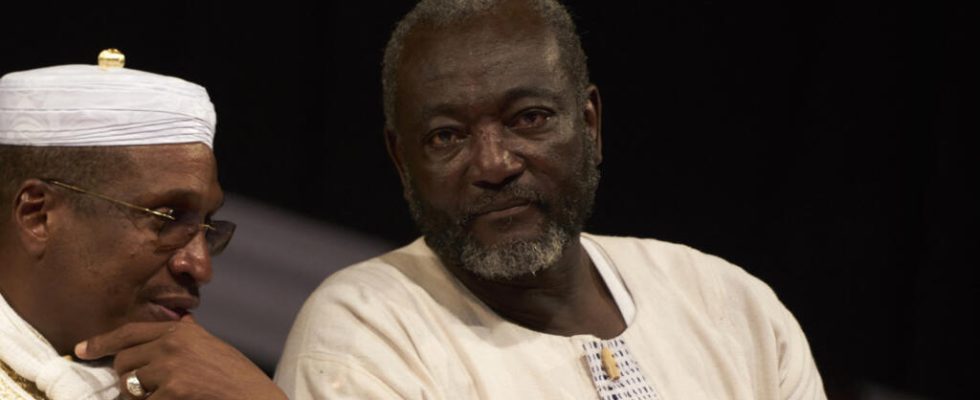After the resumption of fighting in the north, eleven years after the civil war of 2012 and eight years after the signing of a peace agreement, many Malian political parties, of different sensibilities, express their concern and launch calls to try, while there is perhaps still time, to save the peace. Among the political figures who speak out on this resumption of fighting in northern Mali, Oumar Mariko. The president of the Sadi party, in exile, exceptionally comes out of his reserve. Interview.
3 mins
Oumar Mariko is a historic activist for Mali’s sovereignty, who supported the military coup of 2012. The president of the Sadi party, in exile, this time attributes responsibility for the war to the transitional authorities. He calls for an end to the fighting and for dialogue to save the 2015 peace agreement.
RFI: Oumar Mariko, how do you analyze this resumption of fighting?
Oumar Mariko : We are witnessing with the various attacks a systematic carnage between the army and the forces of the former rebellion. On the other hand, we must not ignore the jihadist movement which benefits from this and which continues its actions. And also the Wagner group which also continues to massacre the civilian population. The question we can ask is: for what purposes and for what objective?
Why did we get to this point? And above all, is dialogue still possible with the armed groups in the north? ?
The various successive regimes, from the signing of the National Pact to the Algiers Agreement, have put themselves in a position of half peace, half war, but in reality a latent war which has caused many deaths in the army ranks. And today, with the current junta managing the transition, war has been declared.
In my opinion, this war is harmful and unnecessary for the simple reason that the rebellion movement does not pose the problem of territorial integrity. However, the army is there to defend territorial integrity!
Given that the demand for territorial integrity is no longer relevant – the very one that mobilized the entire Malian people against the rebellion movement [en 2012, NDLR] – in my opinion, everything must be played out from a purely and simply political point of view. The transition should be able to allow the political management of this northern question.
So, the peace agreement is not buried and you think we can still come back to it?
It’s hard to say. The appeal that I can make, however, is to simply say that the armed forces, whether they are from the rebellion or whether they are also from the regular army, must stop killing each other. Because these two armed forces are not responsible for starting the war. The outbreak of war comes from the military junta, and it is up to the junta to question itself and stop the war process in which it has engaged an entire people.
These are the appeals that you are addressing to the fighting forces, the army and the CSP, as well as to the transitional authorities. And towards the Malian people?
Towards the Malian people, it is simply to say that today, there are many Malians who demand war, and there are many Malians who do not want war. And they are the most numerous! So let the peace camp give voice to impose peace on the military junta, which is responsible for the outbreak of this war, instead of a political solution to manage the demands of the CMA.
Read alsoMali: after the resumption of fighting in the North, many political parties call for dialogue
